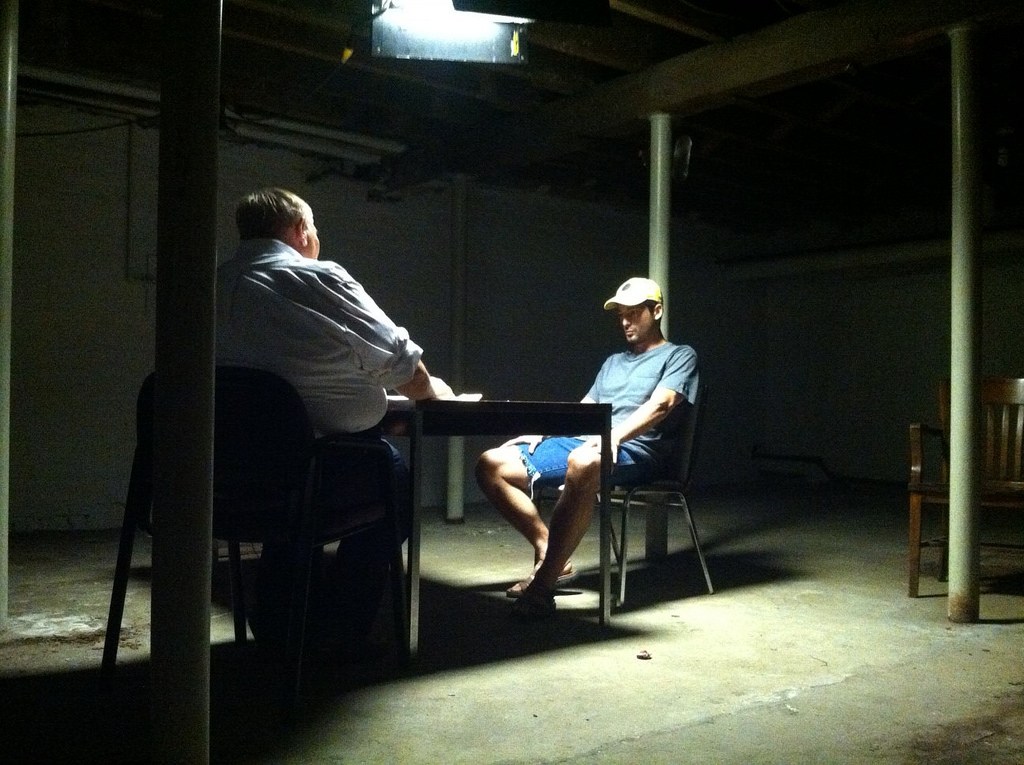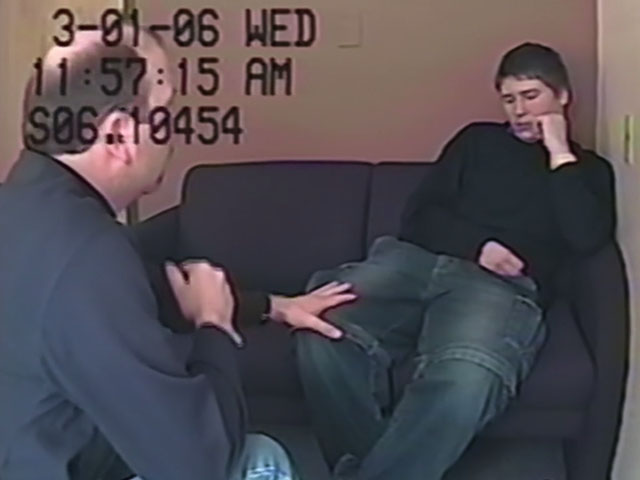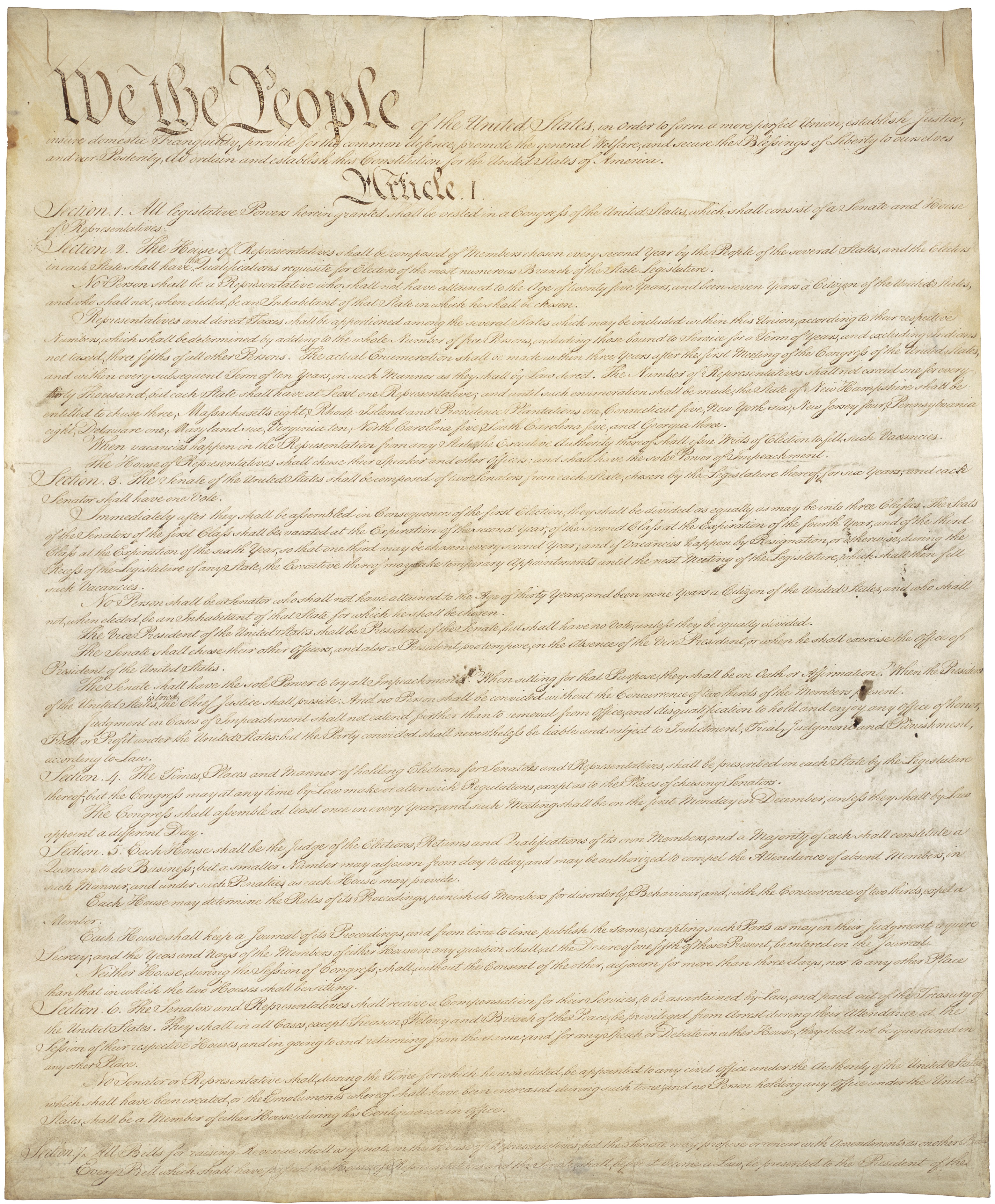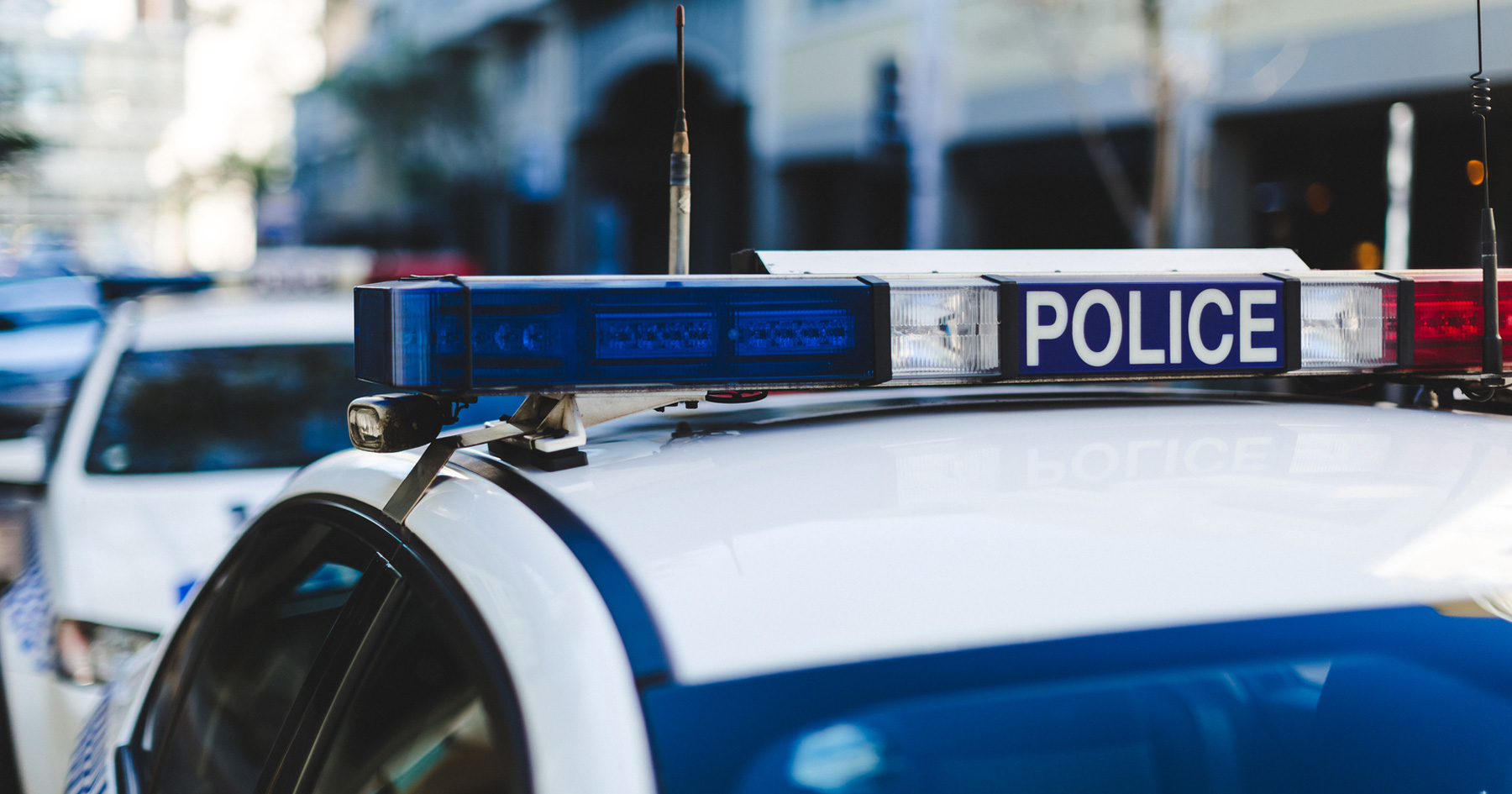How Police Get Confessions From People

By:
By now, many people have seen the Netflix documentary series "Making a Murderer." The series features a police interrogation of a young man named Brendan Dassey. Many viewers who saw this were shocked at how the police used threats and intimidation in order to get a confession. Tactics like these, however, are not uncommon in the United States. Flickr/Lwp Kommunikáció - flickr.com
Flickr/Lwp Kommunikáció - flickr.com
Richard Ofshe, a sociology professor at the University of California, Berkeley and false memory expert, talked to ATTN: about police interrogations. He said that sometimes detectives have decided a subject is guilty before they have evidence to convict, and they will do what they have to do in order make their version of the story appear to be plausible.
Here's how police can get you to confess.
 Netflix / Making a Murderer
Netflix / Making a Murderer
“There are a variety of different tactics that can be used to force someone to give a confession that's true or false," Ofshe said. "They run from straight torture and threats to suggesting that strong negative results will occur, like a death penalty, or that if you cooperate and see things [their] way that you'll receive little or no punishment."
Confessions resulting from extreme techniques, such as physical torture, are not supposed to be admissible in court, but that doesn't mean the suspect will be able to prove the torture occurred.
Here are some other common techniques:
The Reid technique.
One popular technique used in interrogation is called the “Reid technique.” It involves isolating the suspect from others by putting them in the interrogation room, convincing them that you know for a fact they're guilty, and then telling them that the crime they've committed was justifiable and that it's better for them to just admit to having done it.
Good cop / Bad cop.
There is also, of course, the classic "good cop/bad cop" technique, where one police officer is hard on the subject while the other one acts like their friend. Typically, the bad cop scares the suspect and demands answers, and then they will eventually leave so the good cop can be the person who reasons with the subject in order to gently glean new information from them.
Subtly feeding you information about the case.
After watching the Brendan Dassey interrogation, some felt that detectives got Dassey to tell them details about the crime because they had told Dassey those details earlier in the interview. Detectives might use this tactic in order to elicit a confession. They'll provide someone with facts about the crime that the general public doesn't know and then later ask them about those facts.
Ofshe said that a confession from that kind of interrogation is useless. “It proves nothing except that the person can feed back to you what you told them 10 minutes ago,” he said.
Your rights in an interrogation.
 Wikipedia - wikimedia.org
Wikipedia - wikimedia.org
There are certain legal rights anyone who ends up in an interrogation should know.
First of all, anyone who is taken in for questioning should demand access to an attorney before they say anything. Once the attorney is present, he or she can advise you on whether it's safe talk to the police at that point in the investigation.
If you've already made a statement without an attorney, your attorney may be able to have the statement stricken from the record. There are many reasons a statement can be removed from a case, including instances where the police did not read the suspect their Miranda rights.
How to curb police abuse during interrogations.
 Stocksy/Mauro Grigollo - stocksy.com
Stocksy/Mauro Grigollo - stocksy.com
Ofshe said that the most important check on the police is for conversations to be recorded. Twenty-one states plus the District of Columbia currently require some kind of recording of police interrogations, but Ofshe thinks it should be required everywhere. If the interrogation is recorded, then the manner in which the interrogation was carried out can be scrutinized. This makes it easier for attorneys to determine whether the confession was legitimate.
Confessions really matter.
The Innocence Project, which helps wrongly convicted inmates, reports that 1 in 4 cases where a convicted defendant is later exonerated by DNA evidence included false confessions. Some studies have claimed there have been well over 250 false confessions documented in the United States since the late 1980s, not including those that were never discovered.
